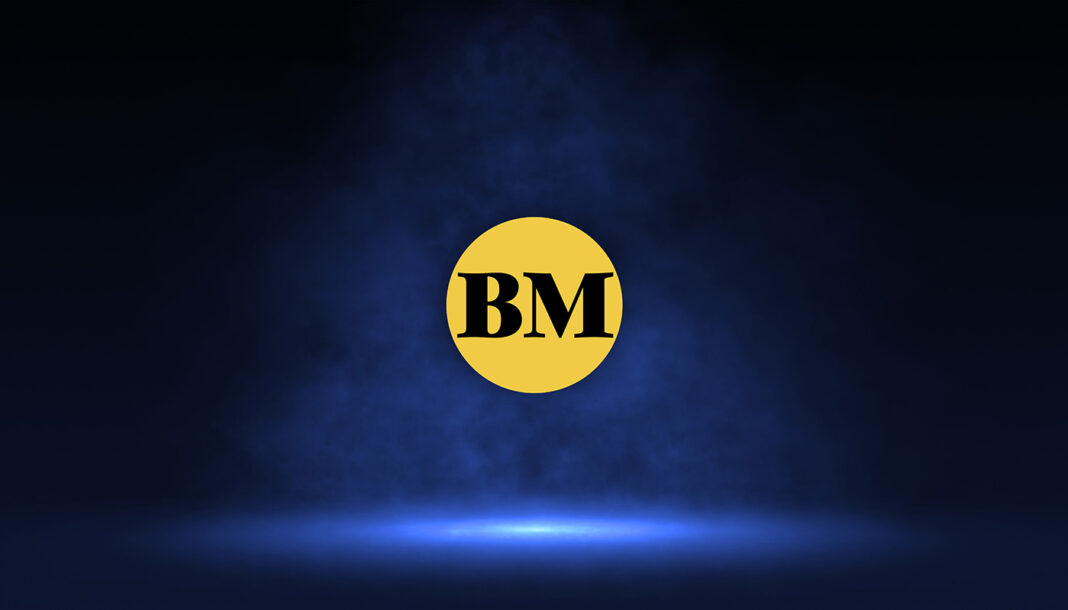
Millennials and Boomers in Southeast Asia (SEA) have more reservations with regards to future technologies such as biometrics, smart appliances, robotic devices and deepfakes as compared to those from the Gen Z and Gen X age groups, according to a new research.
Kaspersky’s “Making Sense of Our Place in the Digital Reputation Economy” surveyed 831 social-media users in SEA about their level of fear against the current technological trends. The study, conducted in November 2020, revealed that more than half (62 percent) are afraid of deepfakes. The figure is highest among Baby Boomers (74 percent) and lowest among Gen X (58 percent).
Deepfakes is the use of artificial intelligence to create images, audio, or voice recordings in someone’s likeness, often for political purposes and personal gains. The tool is also being used in major attempts at blackmail and fraud.
SEA respondents are less guarded about biometrics or the use of fingerprint, eye scanner, and facial recognition (32 percent), smart devices (27 percent), and robotic tools like a robot cleaner (15 percent).
The study found out that the vigilance stems from bad personal experiences online. More than 3-in-10 respondents said they were victims of account takeover, wherein someone got access to their accounts without their permission. More than a quarter (29 percent) also have some secret information seen by someone they would not want to see.
Aftermaths of these incidents include receiving spam and adverts (43 percent), stress (29 percent), causing embarrassment or offense (17 percent), reputational damage (15 percent), and monetary loss (14 percent).
“Our survey proves that unfortunate incidents can happen online and such have real-life repercussions,” said Chris Connell, managing director for Asia Pacific at Kaspersky. “Technologies are meant to evolve for the greater good, however, there are always learning curves where some amount of fear with action will be vital.”
Training is crucial to help your teams become cyber-aware. Plan a program of learning, with a mix of online learning, classroom (virtual or real-world) and regular advice by e-mail. You could test whether people can spot a phishing attack by setting up a fake phishing e-mail.
The free 30-minute adaptive learning course by Kaspersky and Area9 Lyceum helps with lessons about choosing strong passwords, as well as the importance of endpoint protection and regular software updates.
In the Philippines, Kaspersky is offering free e-gift vouchers (choice of Grab, GCash, or PayMaya) for every purchase of Kaspersky Total Security (valid for 1 year for 1 device) or Kaspersky Internet Security (valid for 1 or 2 years for 1, 3, or 5 devices). The promo runs until July 31, 2021. Participating Kaspersky products are available from official partner stores in Metro Manila, official partner e-stores, and via Shopee and Lazada.

